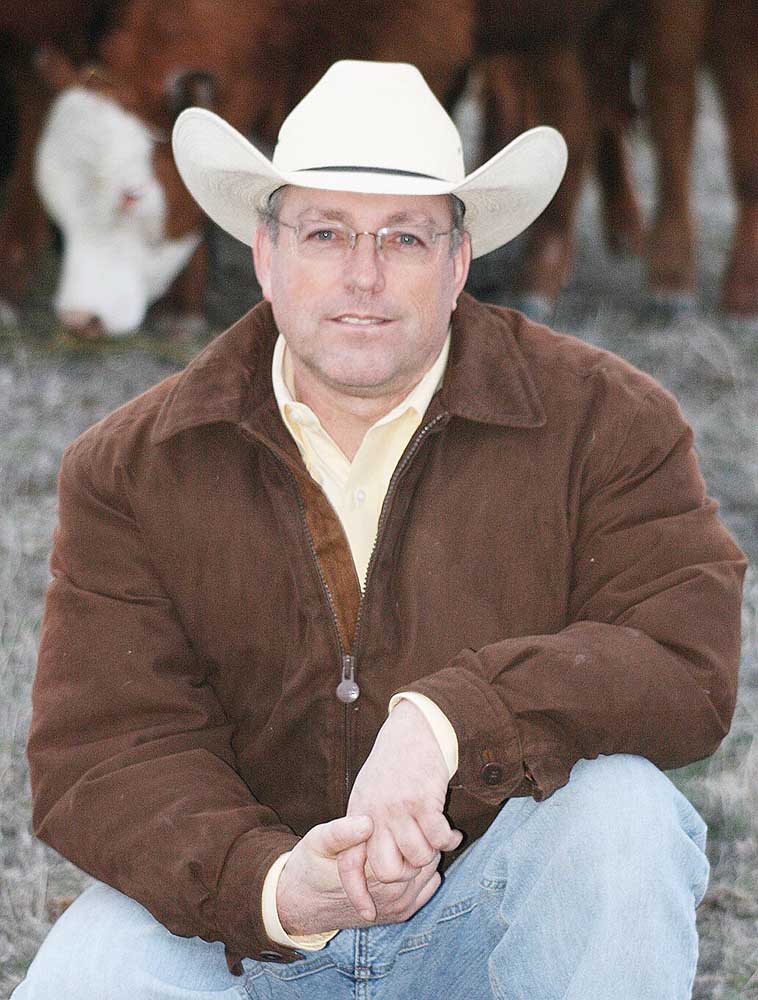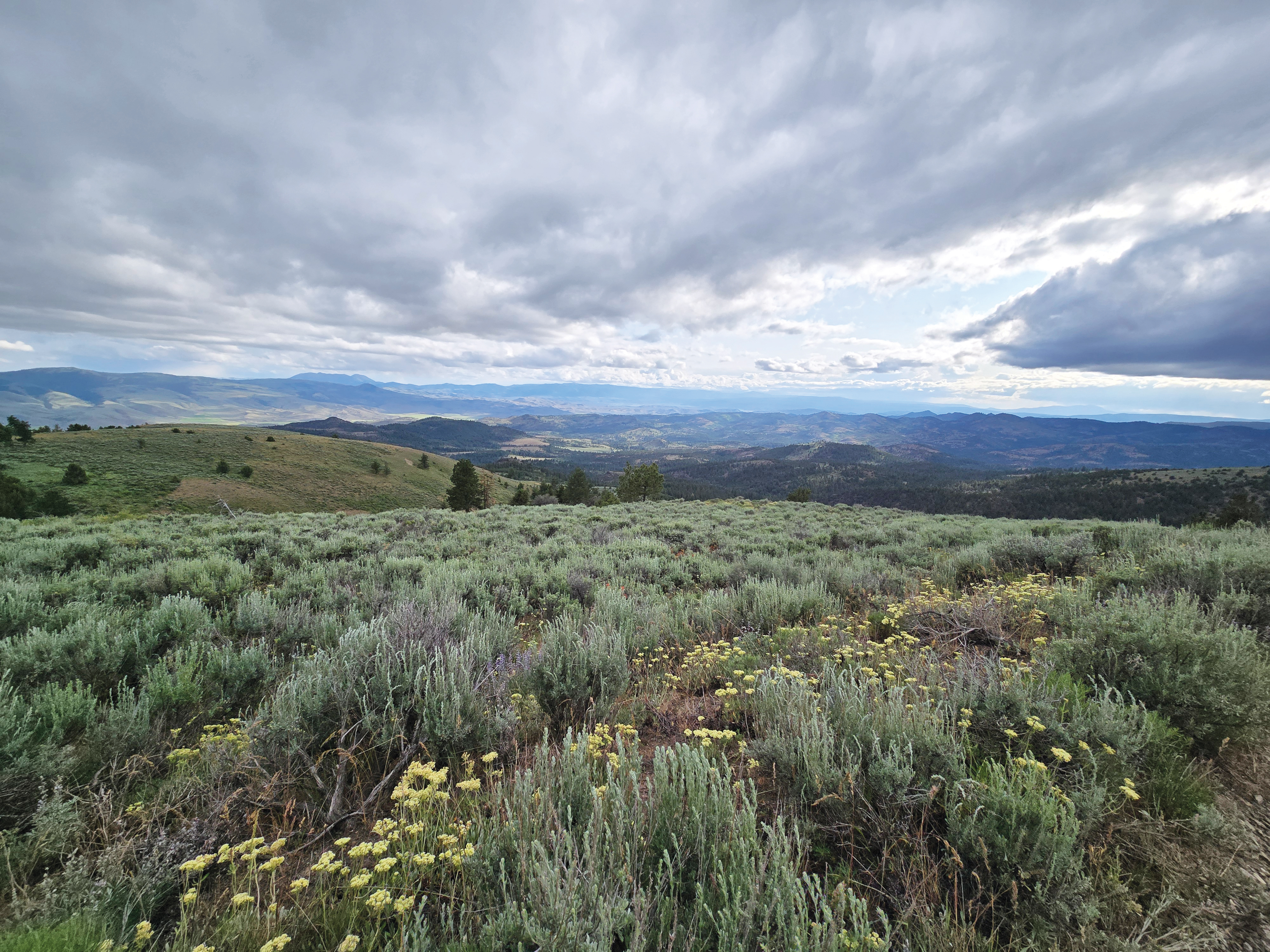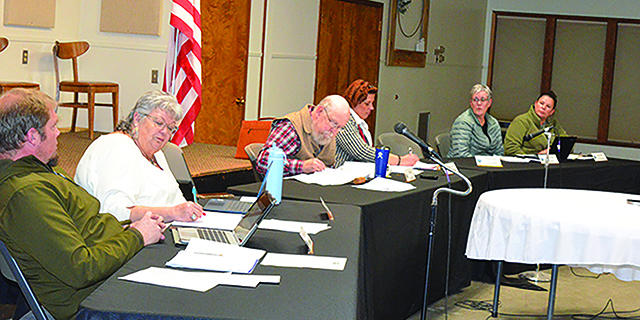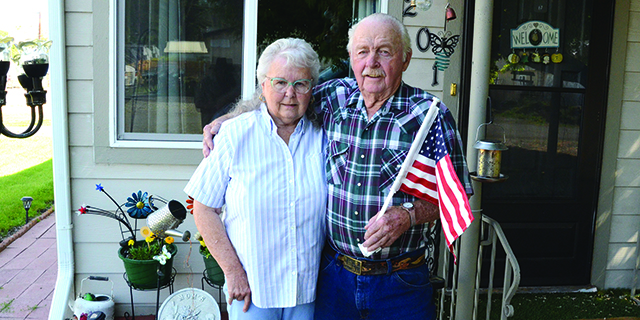Nonprofit secures funding to create regenerative ranching program
Published 9:00 am Wednesday, February 23, 2022

- Probert
PORTLAND — A Portland-based conservation group is forming what it says will be the country’s largest program to support regenerative ranching across the West.
Sustainable Northwest received a $488,500 grant from the M.J. Murdock Charitable Trust to roll out the initiative, partnering with Country Natural Beef to help ranchers adopt grazing practices that build healthy soils and improve water retention.
The program aims to include 100 ranches and 6.5 million acres of rangeland by 2025.
“When we think about regenerative (agriculture), we really start with the soil,” said Dylan Kruse, vice president of Sustainable Northwest. “If you have heathy soil, you’ll have a healthier landscape.”
For example, rotational grazing is a strategy that falls under regenerative ranching. Livestock are rotated frequently between pastures, allowing forage plants to recover and deepen their root systems.
“You get increased carbon sequestration, you get better water filtration and capture, you get better nutrient management and better forage production,” Kruse said. “That can help the bottom line for ranchers.”
In late 2020, Sustainable Northwest was awarded funding from the USDA Natural Resources Conservation Service to put some of these practices to the test on four Oregon ranches. That project is still underway.
But Kruse said they wanted to go bigger. There is no single, large-scale program looking at regenerative ranching, which he sees as a gap in the market.
“This regenerative space is just exploding right now,” Kruse said, citing more than $50 billion in U.S. organic food sales in 2019. “Responding to those demands is really significant.”
Country Natural Beef, a ranching cooperative based in Redmond, was founded on the premise of marketing naturally raised beef to local consumers. The co-op today has 100 members in 14 western states, and sells beef to natural and organic supermarkets including Whole Foods and New Seasons Market.
Dan Probert, a Wallowa County rancher and the marketing director for Country Natural Beef, said the alliance with Sustainable Northwest makes sense for their members.
“We want to call out the attributes that we have that are important to our consumers, so they feel good about the products they pick,” Probert said, adding that ranchers today face increased pressure and competition from plant-based meats among environmentally minded shoppers.
Probert Ranch is one of the four operations currently working with Sustainable Northwest under the NRCS grant. The ranch has about 21,000 acres in the Zumwalt Prairie near Joseph, divided into more than 100 pastures to facilitate rotational grazing.
Probert said he thinks of regenerative ranching as a “triple bottom line” — promoting healthy cows, healthy people and healthy land. With the new regenerative ranching program, he said Sustainable Northwest will provide them with objective data to validate these claims.
“We use extensive monitoring to tell if we’re moving toward or away from our objectives,” he said. “We know we have to be ahead of the game in that space.”
Steve Moore, executive director of the M.J. Murdock Charitable Trust, said the program “provides an innovative, sustainable solution that helps our natural landscapes thrive while simultaneously growing local business.”
“Ranchers in the Pacific Northwest play a vital role in helping our region thrive but face a variety of challenges, including development, climbing costs, climate change and more,” Moore said. “Organizations like Sustainable Northwest are doing important work to help support the individuals and families who run these spaces.”
Kruse, with Sustainable Northwest, said the group plans to hire a new regenerative ranching program manager by the end of March. They will then get to work enrolling the first cohort of ranches in the program, mapping their properties and developing individual grazing plans.
“It’s voluntary, it’s incentive-based. For us, that’s good conservation,” Kruse said. “It’s good for the community, and it’s good for the economy.”






